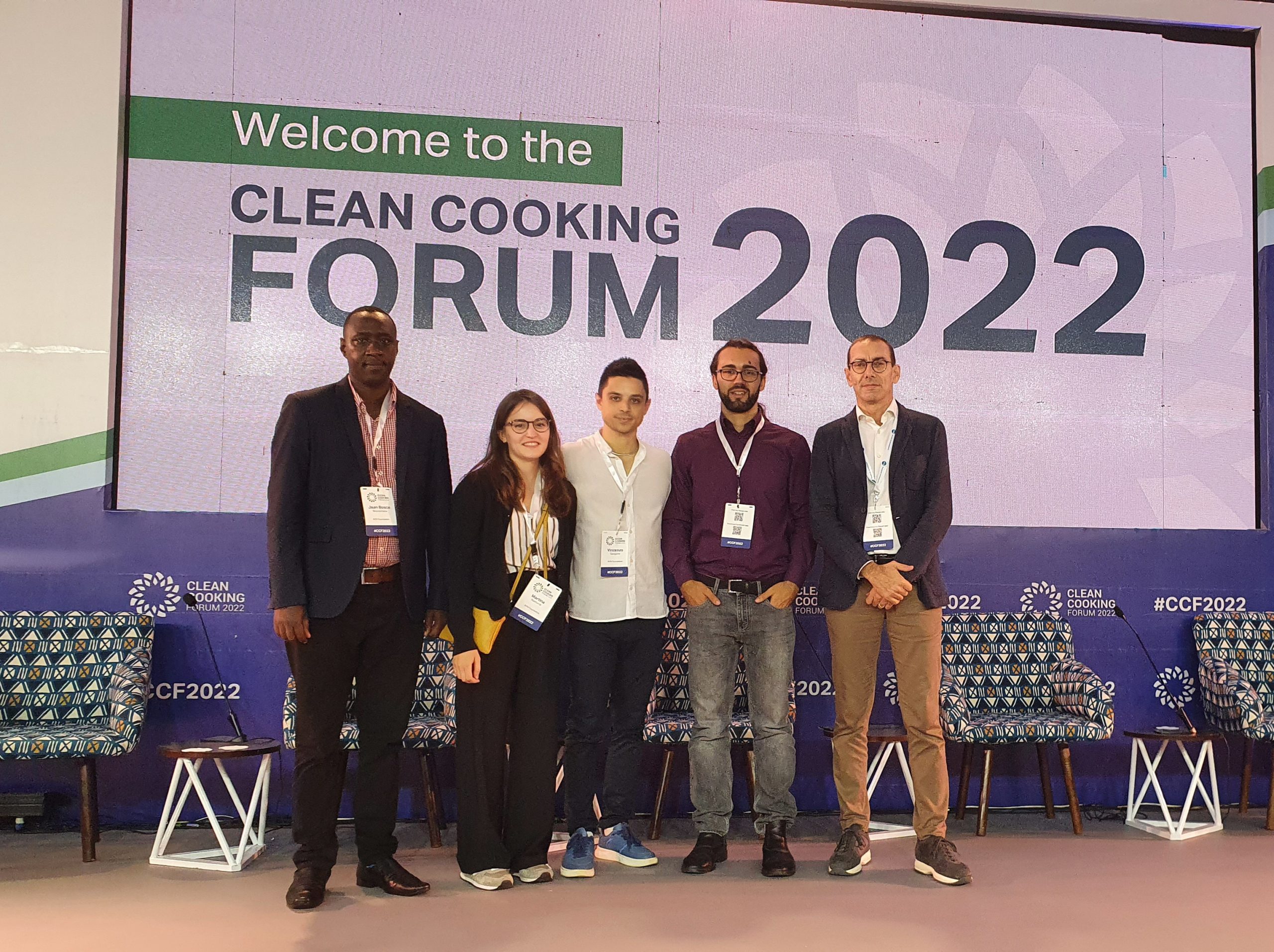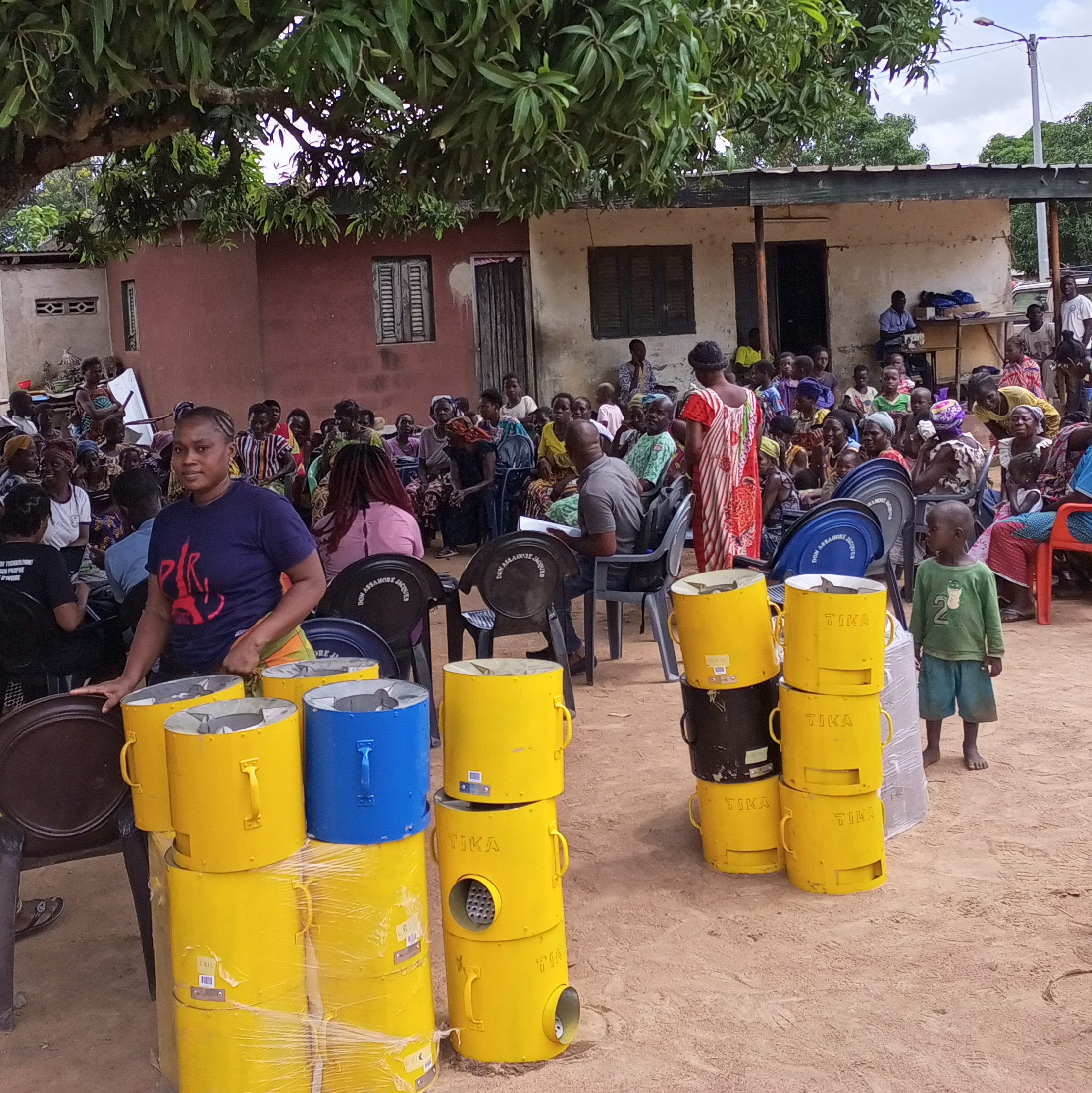AVSI at the conference on improved cooking systems
The Clean Cooking Forum 2022 organized by the Clean Cooking Alliance took place in Accra (Ghana) from 11 to 13 October: it is the most important conference in the sector and is held every two years. Professionals, NGOs, donors, governments meet to discuss and share experiences for the promotion of universal access to safe and energy-efficient cooking systems.
In fact, more than 3 billion people still depend on wood and coal for cooking. A situation that causes deforestation and at least 2 million deaths (mainly women and children) every year due to intoxication.
AVSI participated for the first time in 2015 with only one project to promote improved cooking systems.

Today we carry out clean cooking projects in 7 African countries employing almost 200 people including the promoters. We collaborate with 55 local producers and more than 400 points of sale. We distribute approximately 80,000 improved cooking systems annually to the benefit of approximately 500,000 vulnerable people.
We contribute to the mitigation of climate change by reducing at least 200,000 tons of CO2 emissions per year.
AVSI's speech at the Clean cooking forum 2022
The climate change focal point of AVSI, Alessandro Galimberti, spoke at a meeting organized by EnDev on the theme of promoting behavioral change:
There is no single recipe to facilitate the transition from a traditional cooking solution to a cleaner, more sustainable and efficient one. Each community, each family has its habits, its cultural and economic barriers. We must "simply" know them. Identify their needs. Also through studies and research, but above all through the presence at their side. Being with them. And getting help from them to develop effective awareness campaigns.
Alessandro Galimberti, focal point climate change of AVSI
